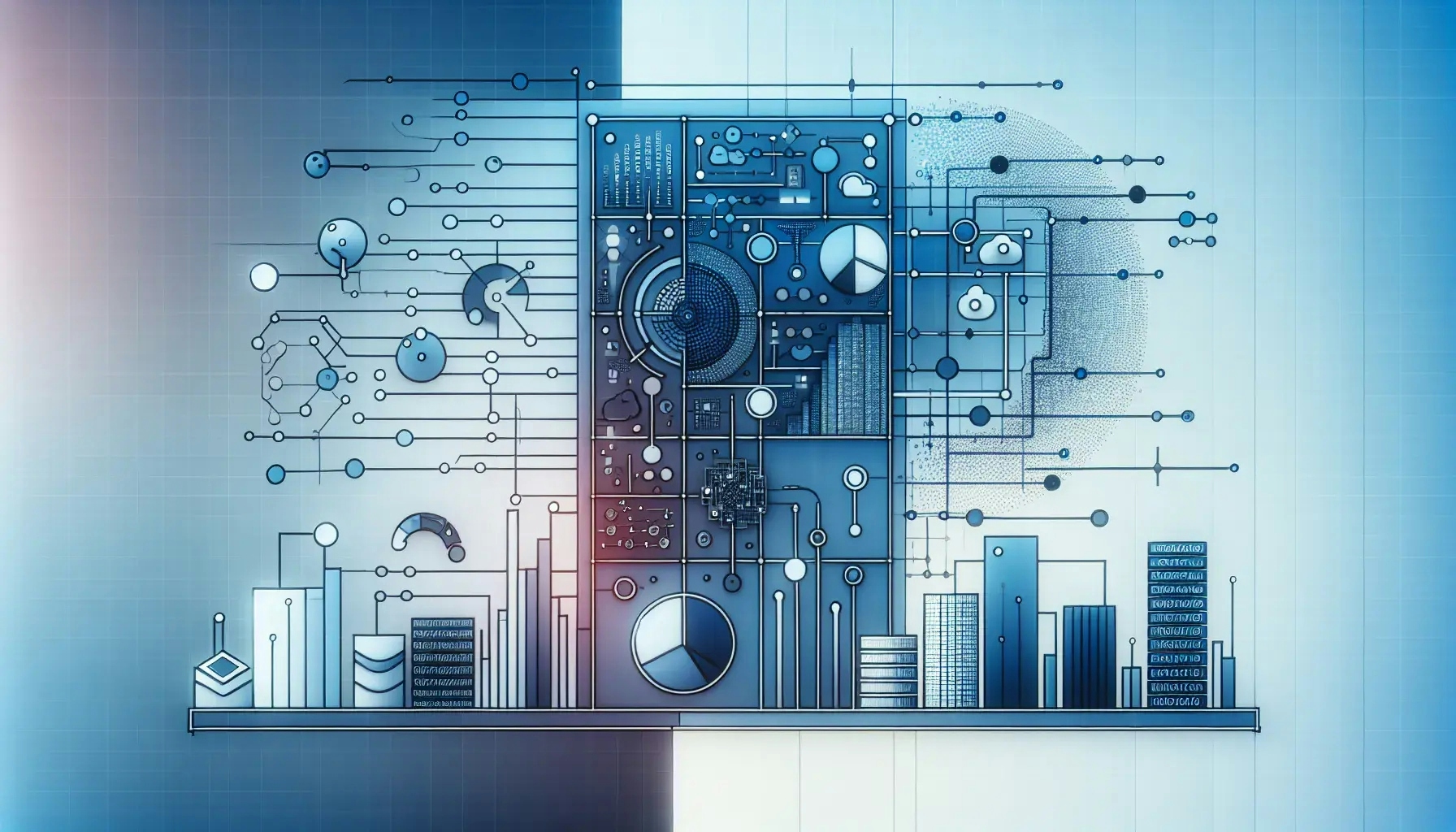The digital world is brimming with data. Two fields, informatics and data science, have emerged as key players in managing, interpreting, and utilizing this data. This blog post will delve into the intricacies of both fields, comparing and contrasting them to help you understand their unique roles and applications. We'll explore their definitions, core principles, applications, career prospects, and more.
Defining Informatics and Data Science
Informatics, at its core, is the study of how information is created, managed, and applied. It encompasses a broad range of disciplines, from health informatics to business informatics, each focusing on a specific area of information application. Informatics professionals work to improve how we collect, store, communicate, and use information.
On the other hand, data science is a multidisciplinary field that uses scientific methods, processes, algorithms, and systems to extract knowledge and insights from structured and unstructured data. Data scientists apply machine learning algorithms to numbers, text, images, video, audio, and more to produce artificial intelligence (AI) systems that perform tasks which ordinarily require human intelligence.
Core Principles of Informatics and Data Science
Informatics revolves around three core principles: data, information, and knowledge. Data refers to raw, unprocessed facts and statistics. Information is data that has been processed in a way that it's meaningful and useful. Knowledge, the highest level, is information that's been interpreted and understood. Informatics professionals aim to transform data into knowledge.
Data science, meanwhile, is built on the principles of data extraction, data analysis, and knowledge discovery. Data extraction involves collecting data from various sources and transforming it into a format suitable for further analysis. Data analysis involves applying statistical methods and algorithms to understand the data. Knowledge discovery is the process of deriving actionable insights from the analyzed data.
Applications of Informatics and Data Science
Informatics has a wide range of applications. In healthcare, for instance, informatics is used to improve patient care by optimizing data management, enabling efficient communication between healthcare providers, and facilitating research on disease patterns and treatment outcomes. In business, informatics aids in decision-making, strategic planning, and improving operational efficiency.
Data science also boasts a plethora of applications. It's used in predictive analytics, where historical data is analyzed to predict future trends. In machine learning, data science is used to develop algorithms that allow computers to learn from and make decisions based on data. Data science is also crucial in AI development, where it's used to create intelligent systems capable of performing tasks that normally require human intelligence.
Career Prospects in Informatics and Data Science
The career prospects in both informatics and data science are promising. Informatics professionals can work as information managers, database administrators, or IT consultants, among other roles. They can find employment in various sectors, including healthcare, business, and education.
Data science professionals, on the other hand, can work as data scientists, data analysts, machine learning engineers, or AI specialists. They're sought after in industries such as finance, e-commerce, healthcare, and technology. The demand for data science professionals is expected to grow as more businesses recognize the value of data-driven decision making.
Skills Required in Informatics and Data Science
Informatics professionals need a strong understanding of information systems and databases. They should be proficient in programming languages such as SQL and Python. They also need strong analytical skills, problem-solving abilities, and excellent communication skills.
Data science professionals need a solid foundation in mathematics and statistics. They should be proficient in programming languages such as Python and R, and have a good understanding of machine learning algorithms. They also need strong analytical skills, the ability to work with large data sets, and the ability to communicate complex results in a clear and understandable way.
The Intersection of Informatics and Data Science
While informatics and data science are distinct fields, they do intersect. Both deal with data and information, and both require strong analytical skills and a good understanding of technology. In fact, data science can be seen as a subset of informatics, with a specific focus on extracting insights from data. Many professionals in these fields find that skills and knowledge from one can greatly benefit their work in the other.
Wrapping Up: Informatics vs Data Science
Both informatics and data science play crucial roles in our increasingly data-driven world. While they have distinct focuses and applications, they share a common goal: to transform raw data into meaningful insights. Whether you're interested in managing and communicating information, or extracting insights from data, both fields offer promising career opportunities.

